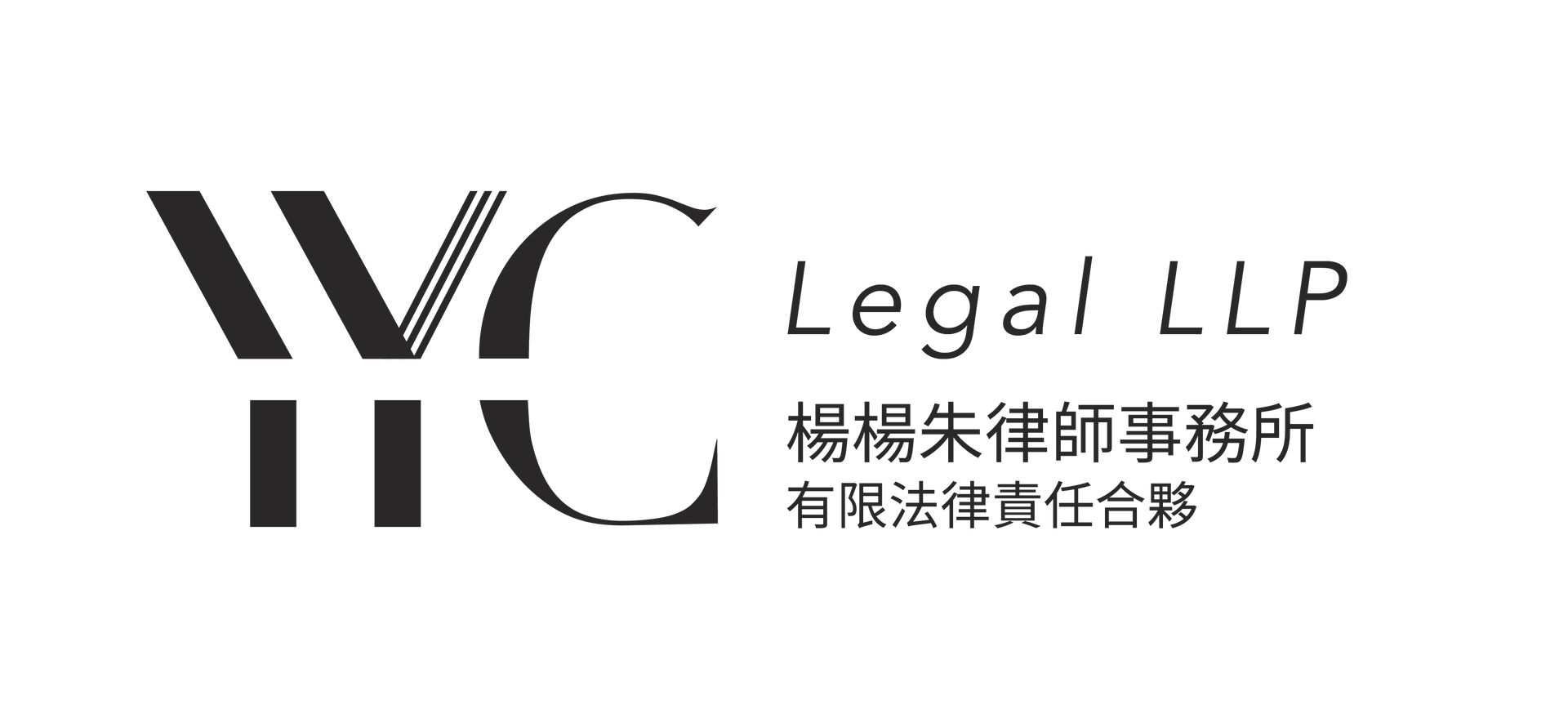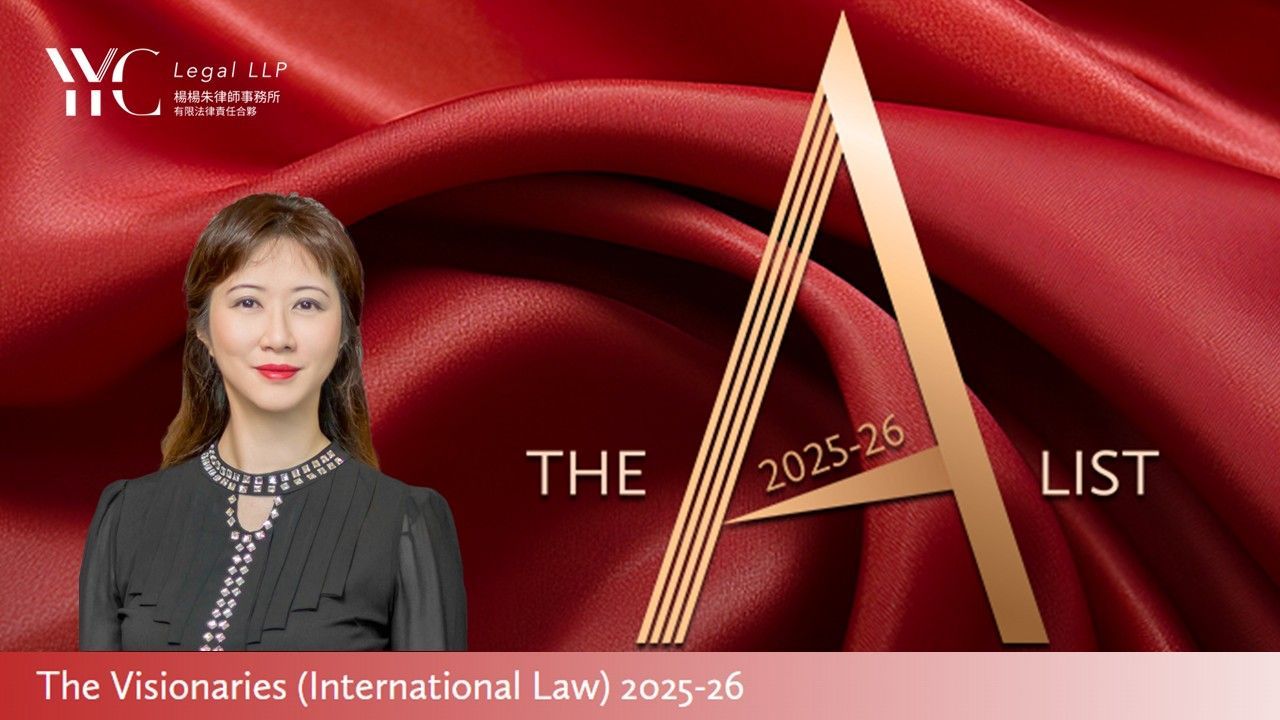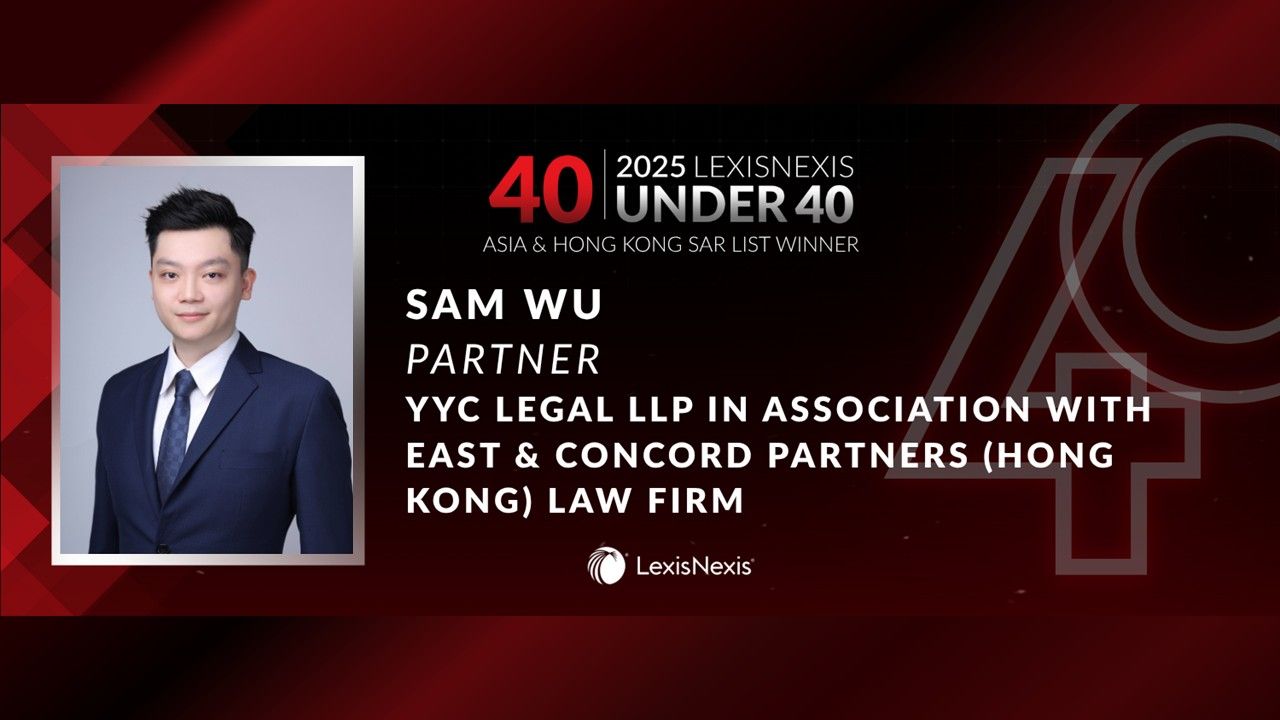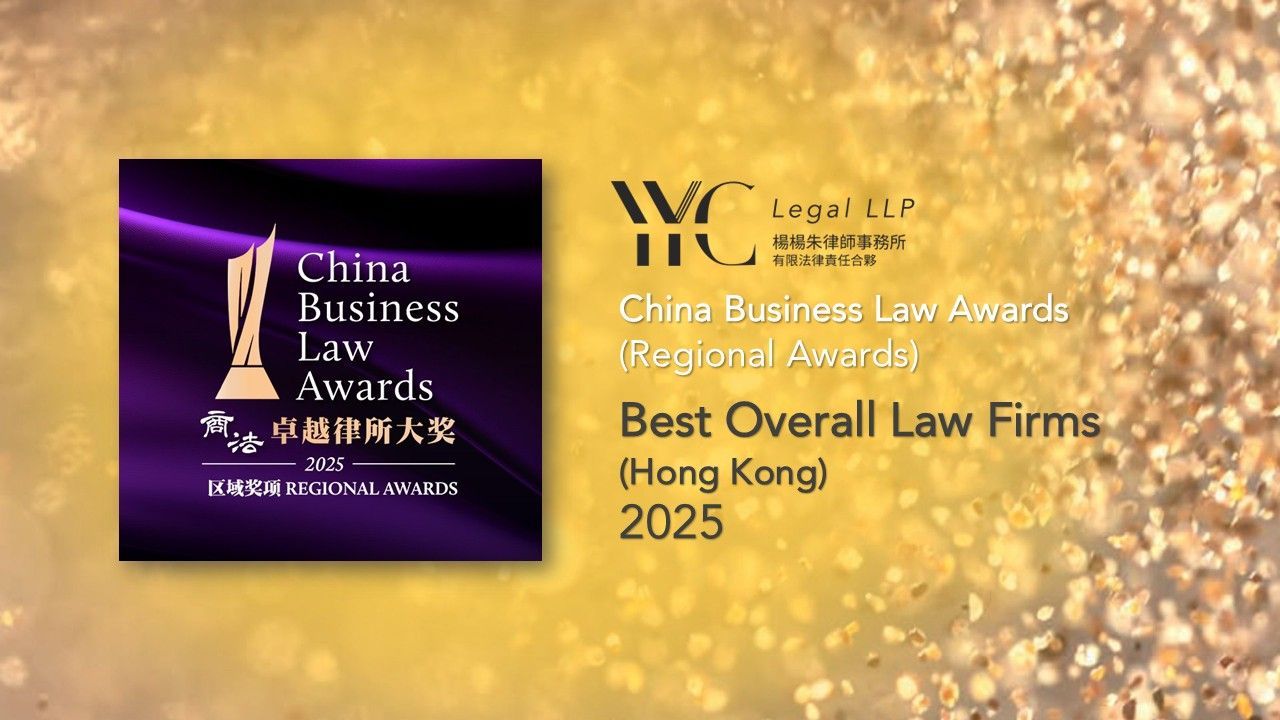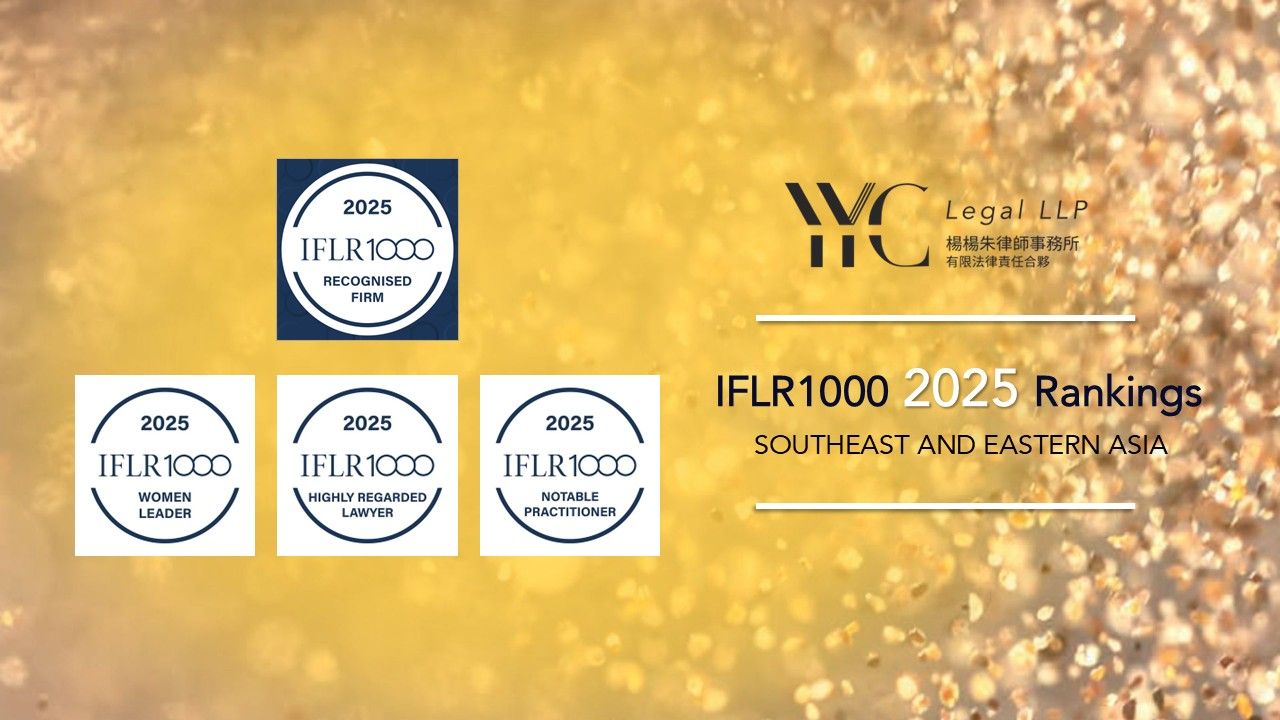Decentralised Autonomous Organisations (DAOs) represent a novel form of organisational structure in the digital age, leveraging blockchain technology and operating through smart contracts. With a growing prominence of virtual assets, DAOs are becoming a critical component of the digital economy. Many decentralised finance (DeFi) arrangements are structured in the form of DAOs.
DAOs in Hong Kong: legal framework and recent developments
DAOs in Hong Kong: legal framework and recent developments
Key features
Decentralised governance
Unlike traditional companies with centralised management, DAOs empower token holders to collectively decide on an organisation’s direction and operations. Generally, each token represents an individual voting power, with proposals approved on majority or at predetermined thresholds.
No legal personality
DAOs lack legal personality. Unlike traditional companies, they are not recognised as legal entities. Thus, for some DAOs, legal entities are incorporated specifically for holding assets for the benefit of token holders.
Cross-border nature
DAOs operate globally and are unrestricted by geographical boundaries.
Regulatory framework
Currently, there is no specific legislation for governing DAOs in Hong Kong. The Hong Kong Monetary Authority adopts a more conservative approach in applying the existing legal framework to DAOs, as it considers there may be legal grey areas.
However, the Securities and Futures Commission (SFC) has adopted a “same business, same risks, same rules” approach to DAOs. DeFi activities are not exempt from oversight simply because they operate on decentralised platforms. The SFC has outlined several scenarios where DeFi activities may fall within its regulatory purview.
Virtual asset trading
If a decentralised platform enables trading in virtual assets that qualify as securities or futures under the Securities and Futures Ordinance (SFO; chapter 571 of the laws of Hong Kong), the platform and its operators may be required to obtain a type 7 licence for providing automated trading services. Platforms facilitating such transactions must therefore comply with the same licensing requirements as their traditional finance counterparts.
Collective investment
The SFO also governs the offering of collective investment schemes (CIS) to the public in Hong Kong. DeFi liquidity pooling protocols, which often involve pooling investors’ funds to generate returns, may fall within the definition of a CIS under the SFO. If so, these protocols will be subject to SFO authorisation requirements.
Landmark case law
The most significant recent development in Hong Kong’s DAO jurisprudence came with the Court of First Instance’s ruling in Mantra DAO Inc and Another v John Patrick Mullin and Others (2024). This case marked several crucial precedents.
Cryptocurrency trading
While the substantive hearing regarding ownership, management and control within DAOs remains pending, the court recognised that “cryptocurrency trading is a new and innovative business”.
Duty to token holders
In the Mantra DAO case, the DAO governance mechanism shows these characteristics:
- Ultimate decision-making power lies with the token holders.
- Legal entities were established to hold assets on behalf of the token holders.
- Those legal entities are governed by members of its council, the councillors, who were granted authority to act on behalf of the DAO project and the token holders.
The court ruled the councillors have a duty to keep a proper account of the operation of the DAO project’s cryptocurrency trading business, and also a duty to account to token holders about the project’s funds.
Token holders’ access rights
The court granted interim relief that required the councillors to disclose books and records relating to the operation of the DAO project to the token holders. It recognised the token holders’ rights in the context of decentralised governance structures.
Current challenges, legal risks
Decentralised governance
The decentralised governance model complicates the identification of responsible parties. When issues arise with DeFi products, it remains unclear whether liability lies with smart contract developers, token holders with governance rights, or DAO members. This pseudonymous nature makes tracing accountability difficult.
No legal personality
The lack of legal personality for DAOs complicates contract enforcement, liability allocation and property ownership. The SFC has pointed out that some DeFi protocols may be “decentralised in name only”, where a small group of developers retains substantial control.
In such cases, the SFC evaluates the actual operational substance rather than the label of decentralisation. The Mantra DAO case is an example where, in a purportedly decentralised governance model, the councillors still have a duty to maintain proper accounts for the DAO project.
Cross-border operation
Cross-border operations present further complexities, as the borderless nature of DAOs creates jurisdictional challenges in regulatory compliance and dispute resolution.
Future trends, development
Despite these challenges, recent developments indicate a shift towards clearer regulatory frameworks. As seen in the Mantra DAO case, Hong Kong courts show a willingness to adapt existing legal principles to accommodate innovative structures.
As the virtual asset ecosystem matures, it is anticipated that more definitive regulatory guidelines and precedents will emerge, providing greater clarity for the regulatory regime of DAO operations in Hong Kong.
As stated by the Research Office of Legislative Council Secretariat in a 28 June 2024 information note on a “legal framework for digital development and transformation in selected industries”, early stakeholders’ discussions are vital for regulating and facilitating the adoption of new technology in certain sectors in Hong Kong.
YYC Legal LLP is in Association with East & Concord Partners (Hong Kong) Law Firm.
First published in January 2025 YYC Legal - legal trends of China Business Law Journal.
This material has been prepared for general informational purposes only and is not intended to be relied upon as professional advice. Please contact us for specific advice.
Recent articles

Recent News
